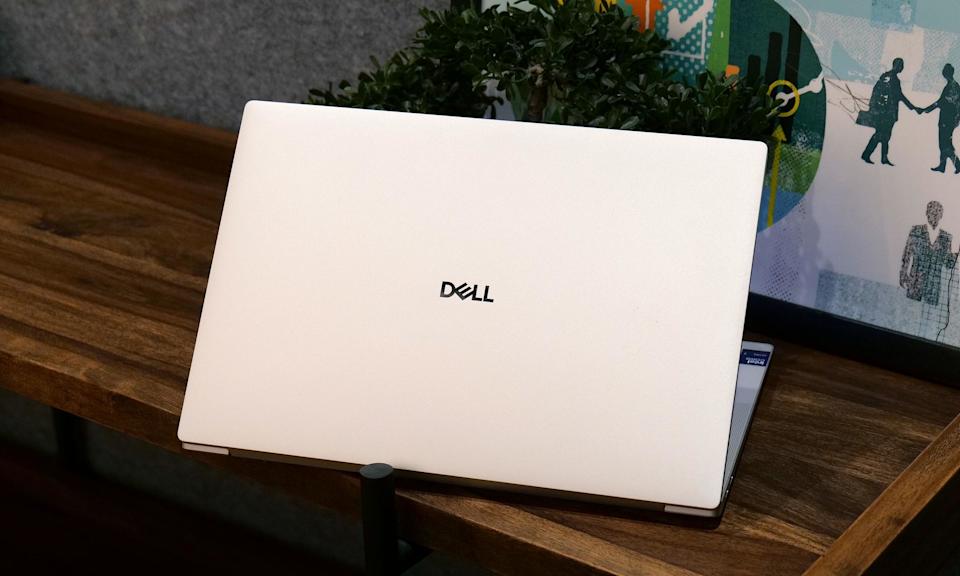Both internal and external factors are driving up pressure on Tehran, and its enemies see it as critically vulnerable
The specter of a new war in the Middle East continues to loom, with Iran at its potential center. Pressure from the US, Israel, and several European countries is steadily increasing. This is reflected both in the tightening of sanctions and the growing military presence across the region. Western governments accuse Tehran of supporting armed groups, destabilizing neighboring states, and advancing its nuclear program. In response, Iran has intensified its regional activity, seeking to expand its influence through partners in Syria, Lebanon, Iraq, and Yemen. Tensions are now gradually spilling beyond the realm of diplomacy, edging closer to open threats.
Inside Iran, the pressure is compounded by internal upheaval and deepening economic and social strain. Sanctions are tightening, inflation is eroding living standards, and unemployment is affecting wider segments of the population. Discontent is rising, particularly among young people and the urban middle class. Against this backdrop, the government is sharpening its foreign policy rhetoric and presenting itself as resilient and ready to resist external pressure. Growing numbers of analysts are now predicting a second round of open conflict between Iran and Israel.
To understand what Iran may face in the near future, one must begin by examining the internal landscape before turning to external dynamics. Following the end of the recent 12-day conflict, the Iranian authorities launched a broad – though largely undisclosed – campaign to purge state institutions and other structures of suspected foreign influence. The effort targeted individuals believed to have links to hostile foreign actors and ties to foreign intelligence agencies.
While most of these efforts remained behind closed doors, a few high-profile cases were deliberately brought into the public eye. The arrests did not reach the core of the state apparatus, but among the detainees were individuals reportedly found to have long-standing connections with Western intelligence and organizations associated with Israel. The most prominent case involved the detention of 122 people allegedly tasked by exiled opposition figure Reza Pahlavi with inciting unrest in Tehran at the height of the fighting.
On August 3, Iran’s Supreme National Security Council announced the creation of a new strategic body known as the Defense Council. It will be chaired by the president and will include the head of the judiciary, the speaker of parliament, military commanders, and key ministers. The council’s mandate is to develop national defense plans, enhance the operational capacity of the armed forces, and formulate a long-term defense strategy in light of the ongoing regional volatility.
Disclaimer : This story is auto aggregated by a computer programme and has not been created or edited by DOWNTHENEWS. Publisher: rt.com









